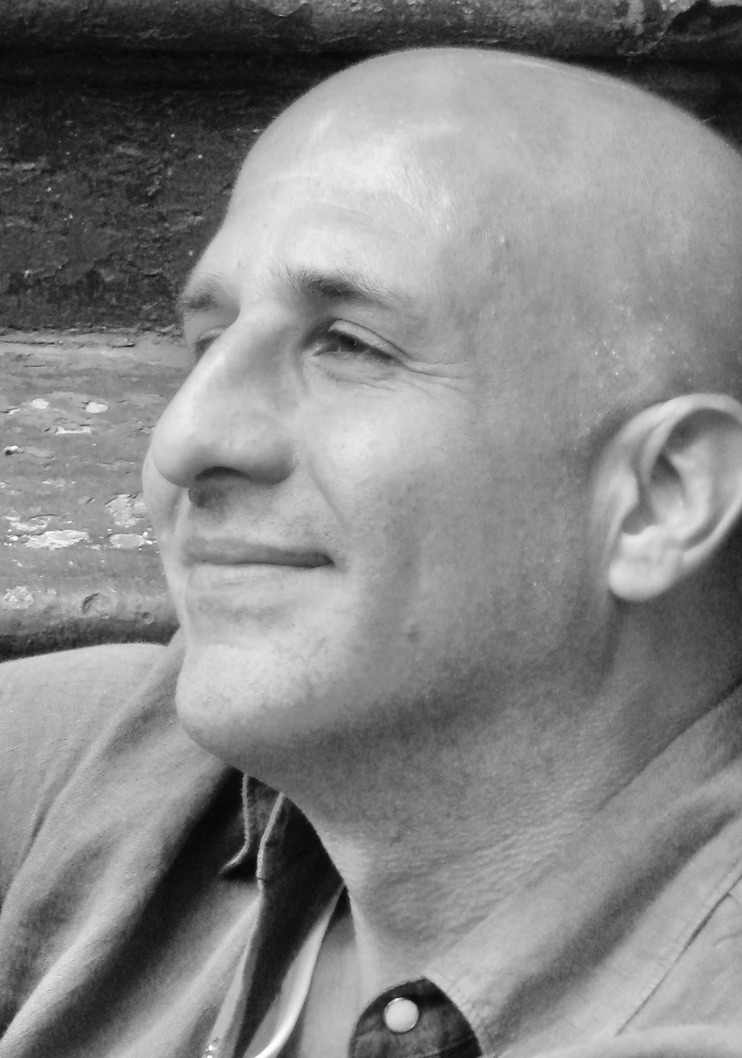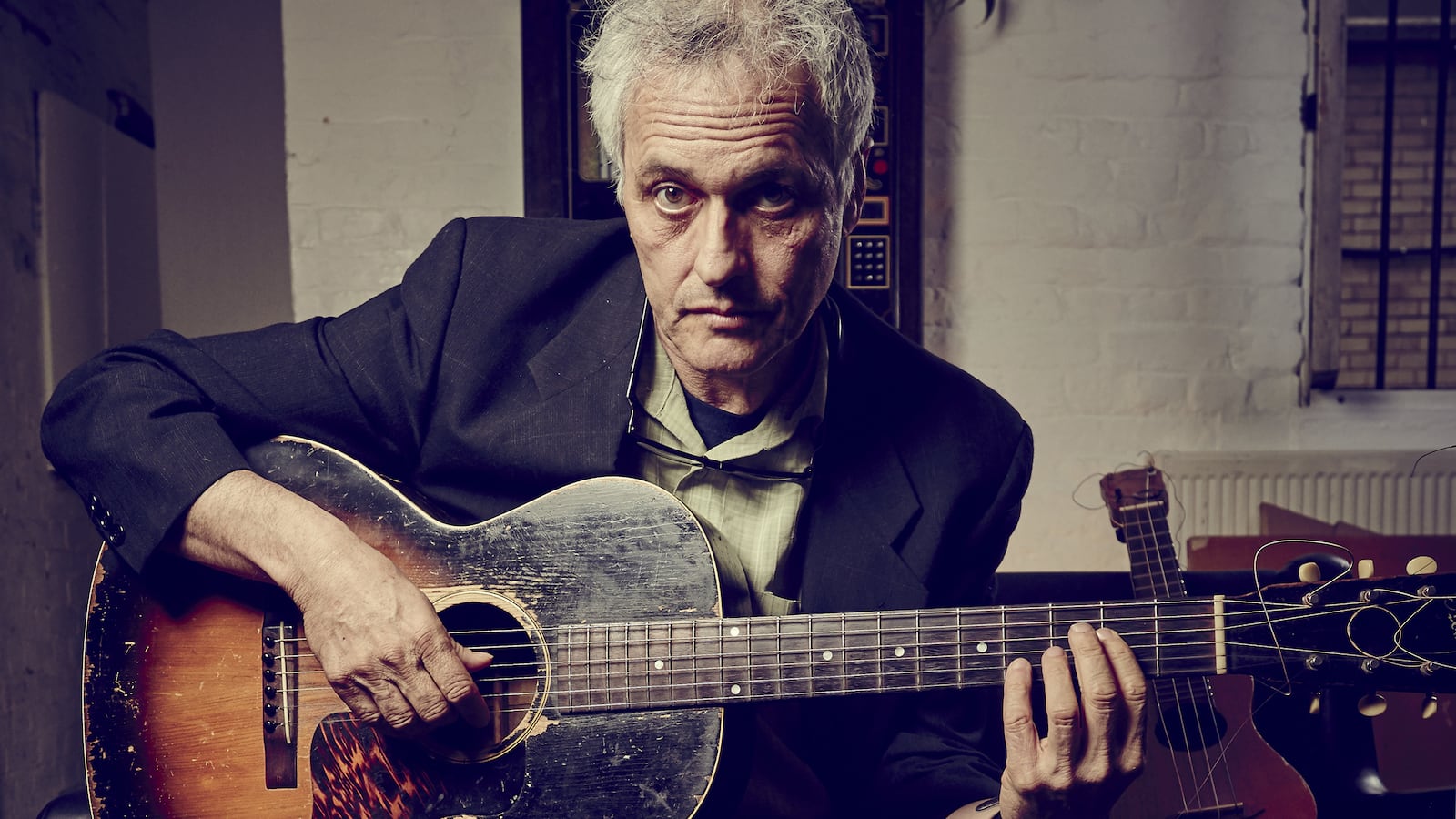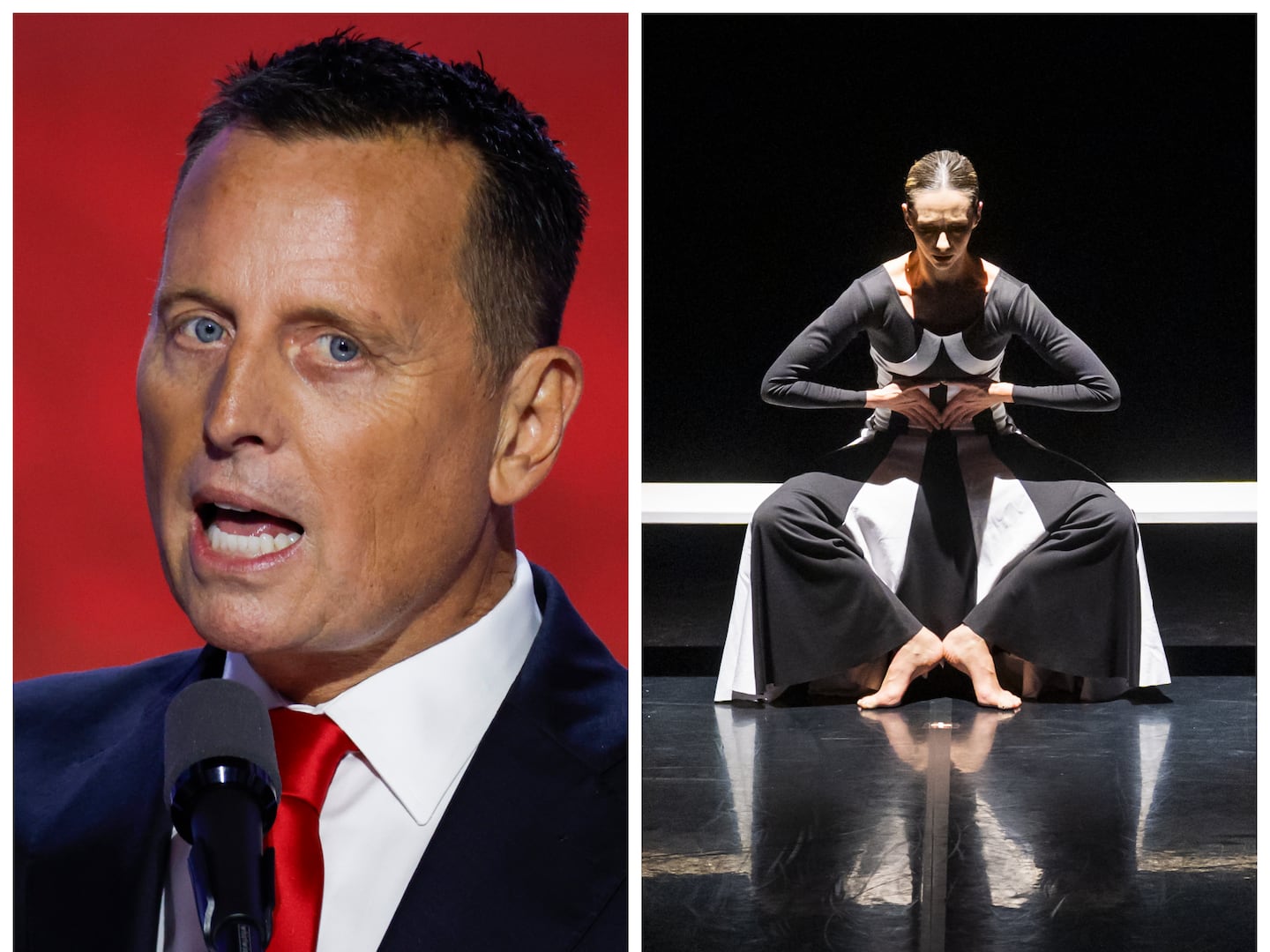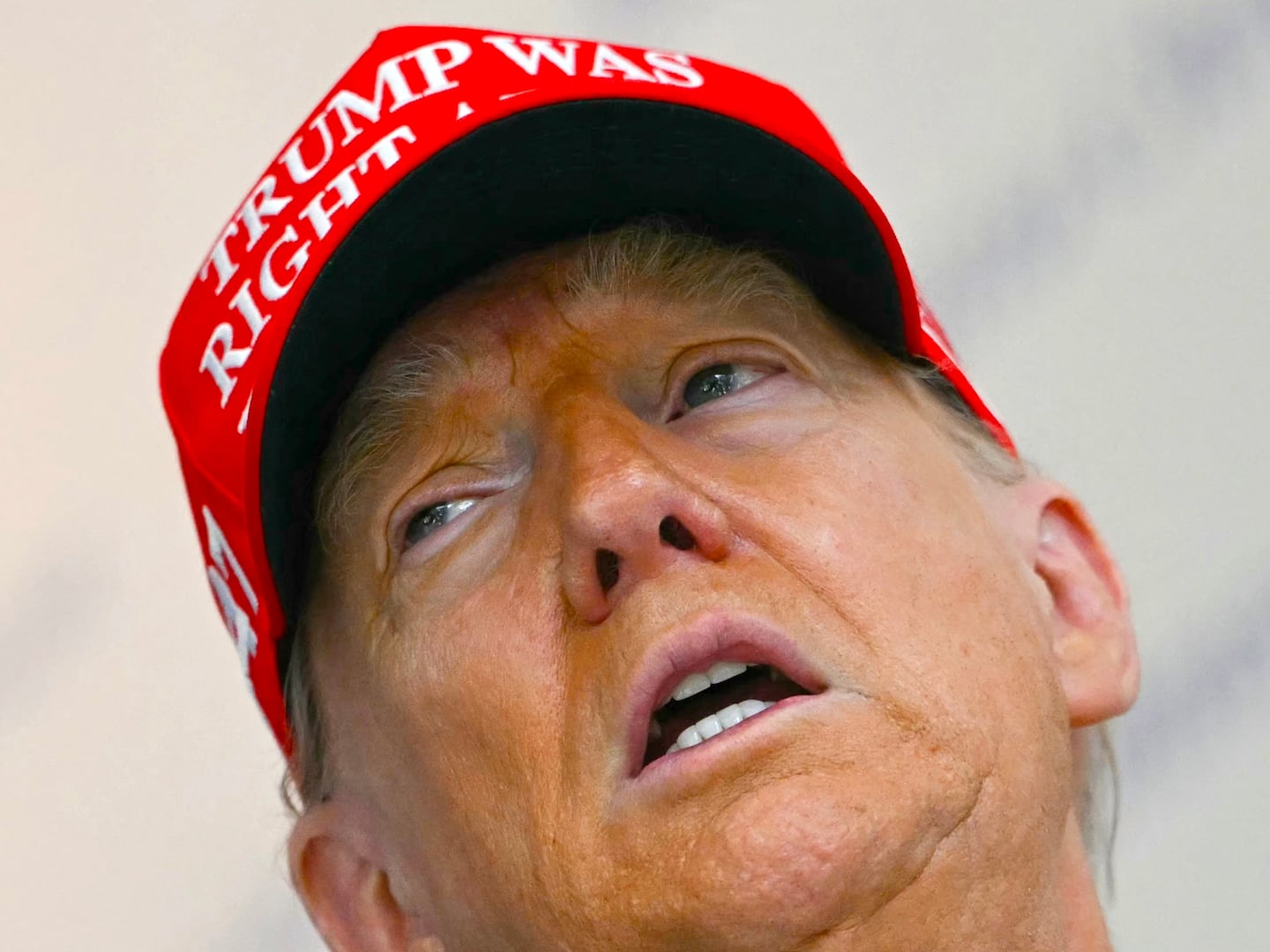Hunkered down over his guitar, Marc Ribot looked out at the crowd packed into The Stone, a tiny music club then located at the far reach of Manhattan’s East Village. “I’ve been writing and collecting songs since the election,” he muttered with a rueful grin. The mood seemed less like a concert and more a meeting of some nascent political underground.
In a way, it was.
Ribot’s immediate troops were singer Domenica Fossati, saxophonist Briggan Krauss, and Shahzad Ismaily, who played percussion, bass, and keyboards. Their music was alternately rough and pretty, sung or snarled, ranging wildly in style and feel. Its tone was sincere, somber, angry, urgent, strong but maybe also scared, at times even funny. It carried a clear message: Donald Trump means trouble, this cannot stand. Here were Ribot’s songs of resistance, his rallying cries. Some were plucked from the past—from World War II anti-Fascist Italian partisans, from Civil Rights Movement pioneers, from Mexican protest balladeers—rendered in reimagined forms. A couple of his original songs, though recently composed, sounded like they’d been around for ages.
That was back one bone-chillingly cold night last November, roughly a year after Trump was elected. In January, around the time Trump tweeted that his “nuclear button” was much larger than that of North Korean leader Kim Jong-un and his administration requested $318 billion for a border wall, Ribot played these songs again, at New York’s Winter Jazzfest. By April, shortly after Trump’s travel ban was rebuked by a federal judge who cited an unconstitutional religious objective, Ribot was deconstructing his repertoire, turning it into poetry-meets-free jazz with a quartet at Brooklyn’s Bar Lunatico.
When Ribot performs these songs at Le Poisson Rouge in Greenwich Village on October 8, fronting a quintet and with four guest vocalists, there may well be get-out-the-vote tables in the lobby. (“There’s no such thing as not voting now,” he told me.) And he’ll be celebrating the Sept. 14 release of an album that is both an accessible musical triumph and his clearest mission statement to date, Goodbye Beautiful: Songs of Resistance, 1948-2018 (Anti- Records).
By now, at 64, Ribot has amassed something like his own army. It includes musicians and thinkers, some quite well known, that span enough genres to suggest broad coalitions. (His resume includes work with Elvis Costello, Caetano Veloso, and McCoy Tyner.) His playing helped define the gorgeous weirdness of Tom Waits’ 1985 album, Rain Dogs. With gravelly gravitas, Waits—among the noteworthy singers on Ribot’s new CD—sounds very much like an Italian partigiano on the World War II-era song “Bella Ciao (Goodbye Beautiful),” here played more as mournful ballad than strident anthem. Meshell Ndegeocello sings in pure and radiant tones on “The Militant Ecologist,” a reworked Italian Resistance song in which the hero is now female and the red flag has turned green, for environmental conscience. Steve Earle sounds earnestly matter-of-fact and utterly fed up on “Srinivas,” a ballad ripped from headlines about a Sikh immigrant murdered last year by a racist who mistook him for a Muslim (and which contains the lyric, a madman pulled the trigger / Donald Trump loaded the gun.)
Ribot has long been a leader among the warrior force of free-thinking improvisers within New York’s creative-music community, a master player who has extended legacies while going his own way. Singer Fay Victor and saxophonist James Brandon Lewis embody this community’s soulful cry and unbound feel on two tracks, especially the hymn “We Are Soldiers in the Army.” Through 25 albums during the past 40 years Ribot has distilled liberating spirits within a wide range of music, including that of free-jazz hero Albert Ayler and Cuban-music pioneer Arsenio Rodriguez. He’s played tender solo acoustic guitar. He’s led loud post-punk groups such as his trio Ceramic Dog. The new CD embraces all that inspiration and variety, as well as his penchant for precise and deep research. (One original, “The Big Fool,” moves from insistent acoustic strumming to waves of plugged-in fury; the footnotes to its lyrics cite, among other things, Pete Seeger’s “Waist Deep in the Big Muddy,” W.B. Yeats’ “The Second Coming” and the “The Stern Review on the Economics of Climate Change.”)
He’s no newcomer to activism, having worked for decades on issues including tenants’ rights and environmentalism. In 2007, when New York’s downtown venues for experimental music were closing due to rising rents, there was Ribot, front-and-center at a City Hall protest, imploring the city council to help create a sustainable context for one of its signature cultural communities. When internet downloads and online streaming threatened to cut creative artists out of revenues, he helped found and lead the Content Creators Coalition. A portion of the proceeds from his new album will be donated to The Indivisible Project, an organization that helps individuals resist the Trump agenda via grassroots movements in local communities.
It was during his active participation in benefits and marches after Trump’s election that Ribot noticed two things, he said: the need for “a Popular Front to fight a rising tide of fascism”; and the absence of songs to support such a movement.
At his Brooklyn apartment, he and I spoke about the genesis of his songs of resistance, and the urgency of these times.
What were your earliest stirrings of activism or protest?
It’s funny. I guess my first political campaign was in second grade, when they canceled the Soupy Sales show on TV. I led a protest march of second graders in my elementary school. It seemed to be a leading organizing issue at the time. In high school, I went on a bunch of protest marches about the Vietnam War. I’ve gone in and out of actually working on activism but, you know, there’s always something, and I’m not the type to sit on the sidelines.
How did this project start?
The impetus to write these songs was Donald Trump getting elected.
What was your first post-election action?
The first action I took was to cry. After that was finished, I started an affinity group to figure out what the hell we should do. I called my friends and people who were politically involved, and I found that there was a lot of disagreement. But since Trump represents a serious threat of fascism, I thought that it was no-brainer: When faced with this, you adopt a Popular Front approach, in which you get together. That’s what worked last time around, when fascists were defeated.
When did your response turn into music?
That was a more gradual thing. It really began after I played a benefit following The Women’s March in Washington, D.C. I started thinking, What is appropriate to play now? I’d been doing political tunes for a while. With Ceramic Dog, we recorded “Bread and Roses.” But that didn’t feel quite right. This didn’t seem to be the moment to raise the red flag. And that’s not who I am. I’m a boring old Social Democrat.
Anyway, I wanted this to be music of a Popular Front. I noticed there were these dedicated political movements without music. I remember going down to Occupy one morning at 6:30 a.m. when that was going on. There was a planned police action, and we were getting ready to resist. It was the kind of situation where people really needed a song. I knew these songs from the Civil Rights movement. I tried singing those. Nobody knew them. No one would sing. Some people started that Tom Petty song—“And we won’t back down…” But that didn’t feel right either. There wasn’t a common knowledge or language. There’s this rich history of song from all eras— from labor songs, Civil Rights songs, anti-Vietnam War protest songs. The kids didn’t know any of them and didn’t have their own songs. It’s not that there haven’t been political bands. But those songs are either not designed for group singing, or different people have different songs. I thought about that for a while.
At the Women’s March and other marches, people would chant these one-liners. It bugged me. There was a palpable need for people to sing something. I felt like the lack of common songs was an analog to this problem of the lack of a Popular Front. I decided to curate and write a bunch of tunes that could be used now, as music of a Popular Front. I included a couple of Italian songs, in reference to the anti-fascism of World War II, because those were successful politics relevant to our time involving coalitions of groups who had very different points of view. What I’m trying to say is that I think people need to prioritize getting rid of people who are threats to democracy. But I didn’t want these songs performed as nostalgia. I wanted it to be a contemporary voice.
What was the first song you wrote?
At first, I thought of doing only cover tunes. But it turned out that one Italian song, “Fischia il Vento,” wasn’t in the public domain, so I had to rewrite that. I turned it into “The Militant Ecologist.” I took the character in the original song, a male Italian Resistance fighter in World War II, and changed him into a female ecological resistance fighter right now. I have a brother, Jesse, who specializes in a mixture between the politics and the physics of energy usage. I have been blessed and cursed with a brother who actually understands the science of climate change. What struck me particularly hard about Trump administration is cancellation of the U.S. commitment to the Paris Agreement because it means that the world may become uninhabitable during my daughter’s lifetime. Beyond the shame and the insult to reason, this is a crime against humanity. So, in that song, I draw a parallel between the seriousness of the struggle faced by an Italian Resistance fighter in WWII and the seriousness of the battle for environment right now. The fact that that evil will not make itself manifest to most people who for a half-century doesn’t change that.
“We Are Soldiers in the Army” was used widely during the Civil Rights Movement. And some of your originals are closely related to anthems of that movement. When did you learn this songbook?
In the early ’90s, I went down to the Library of Congress to archive the work of my late teacher, the Haitian guitarist and composer Frantz Casseus. I walked away with a bunch of records of all kinds of material, and I became especially amazed by the collection of Civil Rights songs. I’ve been thinking a lot about my own connection to these songs and these ideas and how I can express them sincerely today. This new album is the furthest I’ve gone so far.
My song, “How to Walk in Freedom,” kind of synthesizes a bunch of different Civil Rights tunes. The idea of people walking together is a powerful image. At the end of the day, it’s very simple. We have to ask: Where can we walk? Who will stop us from walking? And who can we walk with? When I was in the Washington D.C. women’s march, it was truly inspiring. You could see the White House. If we could have walked in there, we would have.
On the other hand, your song “Srinivas” speaks more of this moment, right?
That one is largely straight journalism. Most of the lyrics are verbatim from a news story. But when I juxtapose that with “My country ‘tis of thee…” that’s me commenting. And when Steve Earle sings “you ain’t no kin to me,” that’s stolen from Blind Willie Johnson’s version of “Dark the Night, Cold Is the Ground.” So there are a lot of things in there.
Did you ever imagine that you’d be writing songs to be sung?
I’ve been writing songs my whole life. I’m a closet songwriter.
You’re also a great instrumental improviser. After Trump got elected, did you find that the situation required words?
Yeah. It did require words. I thought so. A lot has changed in the making of this record—changes to the project and to me. Most of these ideas first began to spill out when I did that benefit after Women’s March, and I thought I need to be better prepared for this.
These are your words, after all, right?
Well, there was a process of collaboration, like there always is. For “Srinivas,” Steve Earle wasn’t comfortable naming the killer. He had a deep empathy. He said, “That guy’s just some idiot who will wake up in prison saying, “What the hell did I do?” Steve didn’t want to name him so he improvised a slightly different lyric.
But when you performed the music in Brooklyn, these songs took on an entirely different form, didn’t they?
There, I had a totally different approach. I kept most of the lyrics, chucked most of the music. We did it as a free-jazz gig.
So maybe it isn’t just words. Can improvisation itself be a political act?
Well, you know it took me a long time to get to that answer but, yes, now more than ever.
At that 2017 march in D.C., and when you made this album, did you feel a sense of being on the same page with those around you?
The page we were on was that we didn’t want Donald Trump in the White House, and that’s the page we all need to be on now. Not Trump, nor his enablers in Congress. There are a lot of things we don’t agree on. But this time around, there’s no such thing as not voting.
Marc Ribot will perform some of his Songs of Resistance at the National Jazz Museum in Harlem’s “Jazz and Social Justice” series on Sept. 25, followed by a public discussion with Larry Blumenfeld and others about how songs stimulate change and contemporary activism works.






